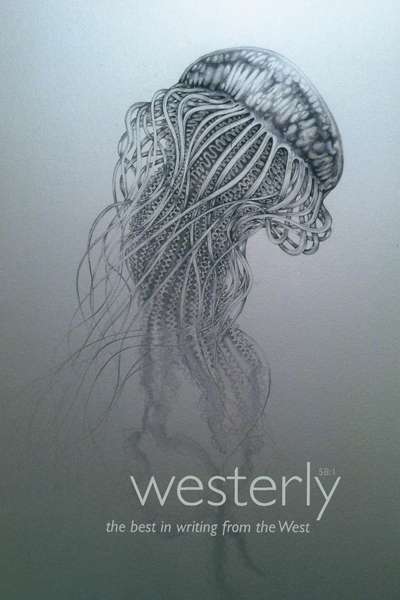Australian Poetry
Westerly 58:1 edited by Delys Bird and Tony Hughes-d’Aeth
Afterwards, Jiah Khan slung her red silk dupatta
from a ceiling joist in her Juhu beach apartment,
my viral-stricken buck rattled to sleep curled by
my bed, and I woke to the cold body of silence –
Distant, untouchable night is stooping
over fingers of street-lights
that push her away. And the children of night?
The children of night are in hiding
It’s the stale argument once again
of course, old verbal horse,
about that ethnic fairy land
and all the dark-brown banksia men
When the talk is of angels
it’s tempting to think of them on the cold lake
small swan-shaped slivers of ice.
... (read more)Because in a foreign city even at eight
he needs the familiar nearby, to hitch
the gaze like the reins of that lacquered
horse to a fixed spot, in order to let loose,





